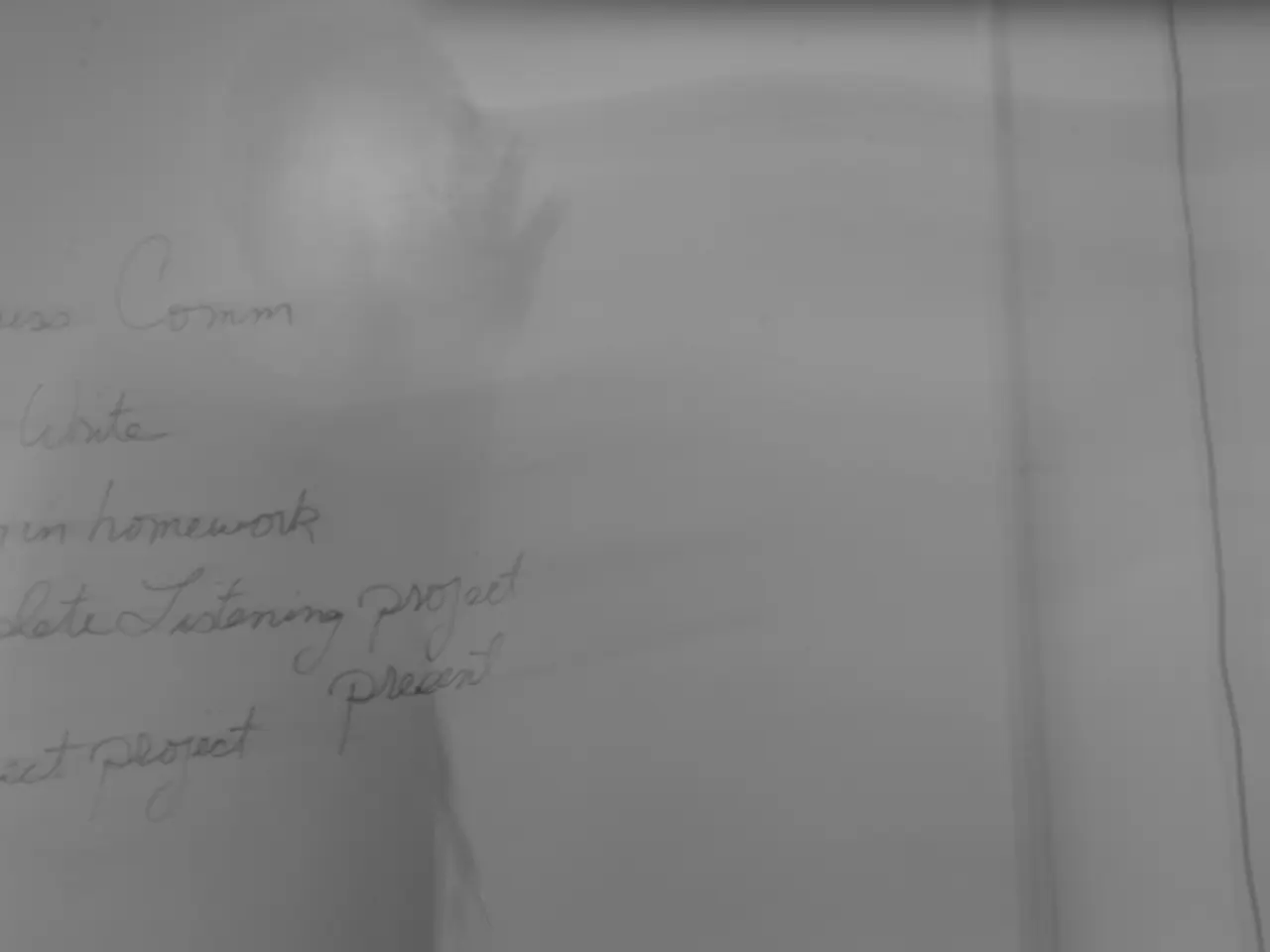Challenging Bias at Its Source: Within Ourselves
In a world plagued by conflicts of various kinds, the Baha'i Faith offers a unique perspective on resolving interpersonal disputes. The teachings suggest that before we can take a great leap towards justice in the world, justice must first prevail in our minds and hearts.
Abdu'l-Baha, a central figure in the Baha'i Faith, emphasizes that all religious, racial, nationalist, and political prejudices seek to uproot human life, generate bloodshed, and ruin the world. He encourages everyone to examine their inner motives and diligently eliminate any prejudice or bias they find within themselves.
One such bias, known as motivational bias or motive asymmetry attribution, can be particularly destructive in personal relationships. This bias involves the prejudiced belief that one's intentions are good, but others' are not. To combat this bias, Baha'i principles propose empathy, unity, and fairness as key strategies.
Recognizing the tendency to attribute negative motives to others while crediting oneself with good motives is the first step. Practicing empathy by striving to understand the other person’s perspective and intent with generosity and sincerity, rather than suspicion, is another. Emphasizing unity in diversity, appreciating that differences in opinion or behavior need not imply ill will but are opportunities for greater understanding and harmony, is also crucial.
Promoting open and honest communication that seeks verification rather than assumption, keeping the "system visible and verifiable," so perceptions are not weaponized or biased, is another important aspect. Applying justice as a spiritual principle by giving others the benefit of the doubt and withholding judgment until facts clarify intent aligns with Baha’i ideas about fairness and the avoidance of prejudice.
Turning to prayer, reflection, and consultation, key Baha’i practices, to transcend ego and motive bias, fostering reconciliation and genuine conflict resolution, is the final step.
The Baha'i teachings do not specify the types of prejudices that cause conflicts, but they mention religious, racial, political, economic, and patriotic prejudices as examples. These teachings apply to various types of conflicts, including national and international, ethnic and religious, political, interpersonal, and even family dynamics.
Motive asymmetry attribution can potentially lead to hatred, a highly persistent and passionate aversion associated with the belief that the hated object is evil, leading to a desire to separate or destroy the other. The Baha'i teachings propose that abandoning prejudices and acquiring moral values is necessary for humanity to be saved from conflict and achieve illumination.
As long as prejudices persist, the world will continue to struggle and experience conflict. However, by cultivating empathy, fairness, open communication, and a commitment to unity—core Baha’i teachings—motivational biases can be identified and addressed, helping prevent and resolve conflicts constructively.
[1] Source: [www.bahai.org](http://www.bahai.org)
In conclusion, the Baha'i Faith offers a practical and spiritual approach to overcoming motivational bias in relationships, fostering understanding, harmony, and peace. A scientific study questions why there are so many unresolvable conflicts in the world, suggesting that everyone could benefit from reaching agreements. By adhering to the Baha'i teachings of unity, justice, and empathy, we can strive towards a world free of prejudice and conflict.
Science recognizes the significance of health-and-wellness, including mental health, in personal relationships. Abdu'l-Baha, a central figure in the Baha'i Faith, encourages everyone to diligently eliminate any motivational bias or unfair judgments, citing empathy, unity, fairness, and justice as key strategies to combat such biases and promote harmony and peace.




